This site uses cookies. By continuing to browse the site you are agreeing to our use of cookies.
All
BBC News - Science & Environment
Futurity
Latest Science News -- ScienceDaily
Livescience.com
NASA Breaking News
NASA Image of the Day
Nature - Issue - nature.com science feeds
New Scientist - Online news
NYT > Science
Phys.org - latest science and technology news stories
Popular Science
Quanta Magazine
Science : NPR
Science Latest
Science: Current Issue
Scientific American Content: Global
SPACE.com
The Economist: Science and technology
The Verge - Science Posts
Universe Today
The First Ever Sighting of a Colossal Squid
Apr 15, 2025 0
This Therapist Helped Clients Feel Better. It...
Apr 15, 2025 0
New fish species discovered in the Gulf of Me...
Apr 9, 2025 0
Ancient grain has huge climate potential and ...
Apr 9, 2025 0
From pets to people: Canine eyedrop study off...
Apr 9, 2025 0
Map of genetic regulation in chickens could h...
Apr 9, 2025 0
Astronomers Push Webb to its Limits to Visual...
Apr 15, 2025 0
- Contact
- Environment
-
Science & Space
- All
- BBC News - Science & Environment
- Futurity
- Latest Science News -- ScienceDaily
- Livescience.com
- NASA Breaking News
- NASA Image of the Day
- Nature - Issue - nature.com science feeds
- New Scientist - Online news
- NYT > Science
- Phys.org - latest science and technology news stories
- Popular Science
- Quanta Magazine
- Science : NPR
- Science Latest
- Science: Current Issue
- Scientific American Content: Global
- SPACE.com
- The Economist: Science and technology
- The Verge - Science Posts
- Universe Today
- HealthTech
- Virtual Reality














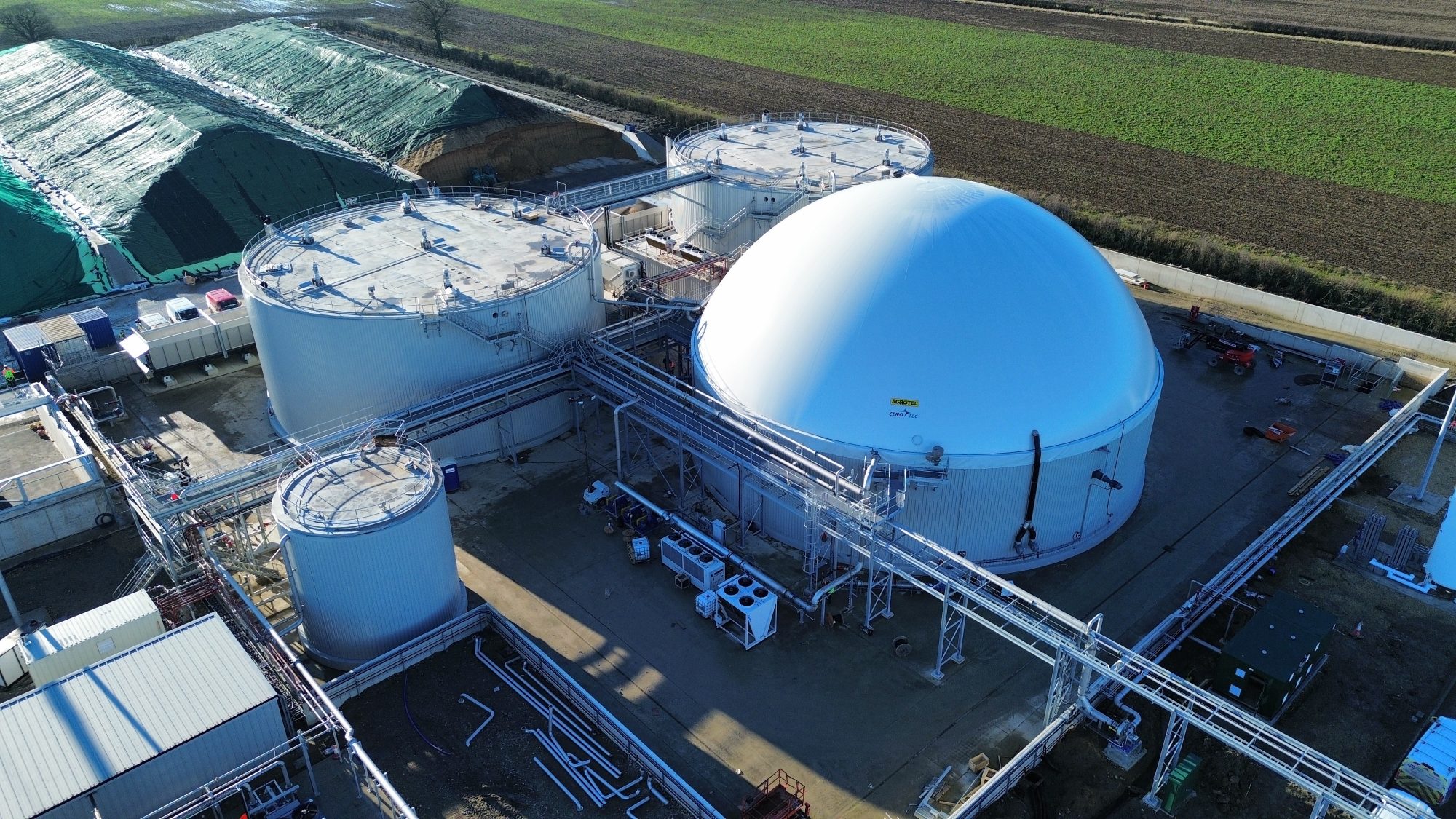








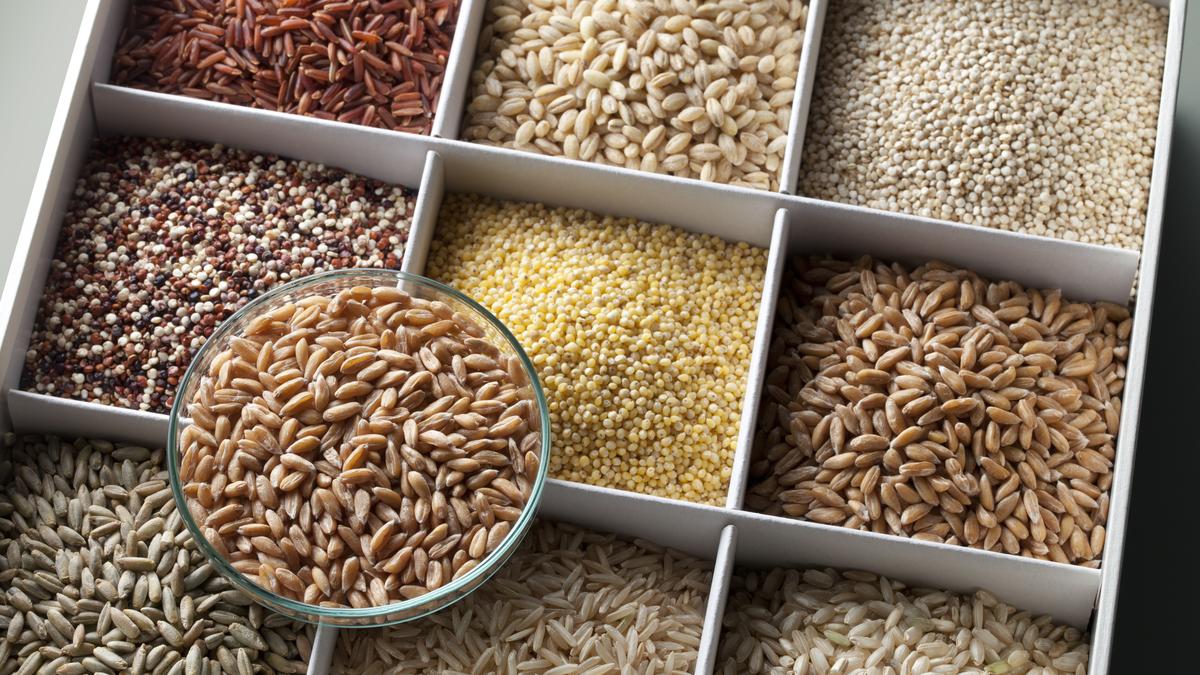









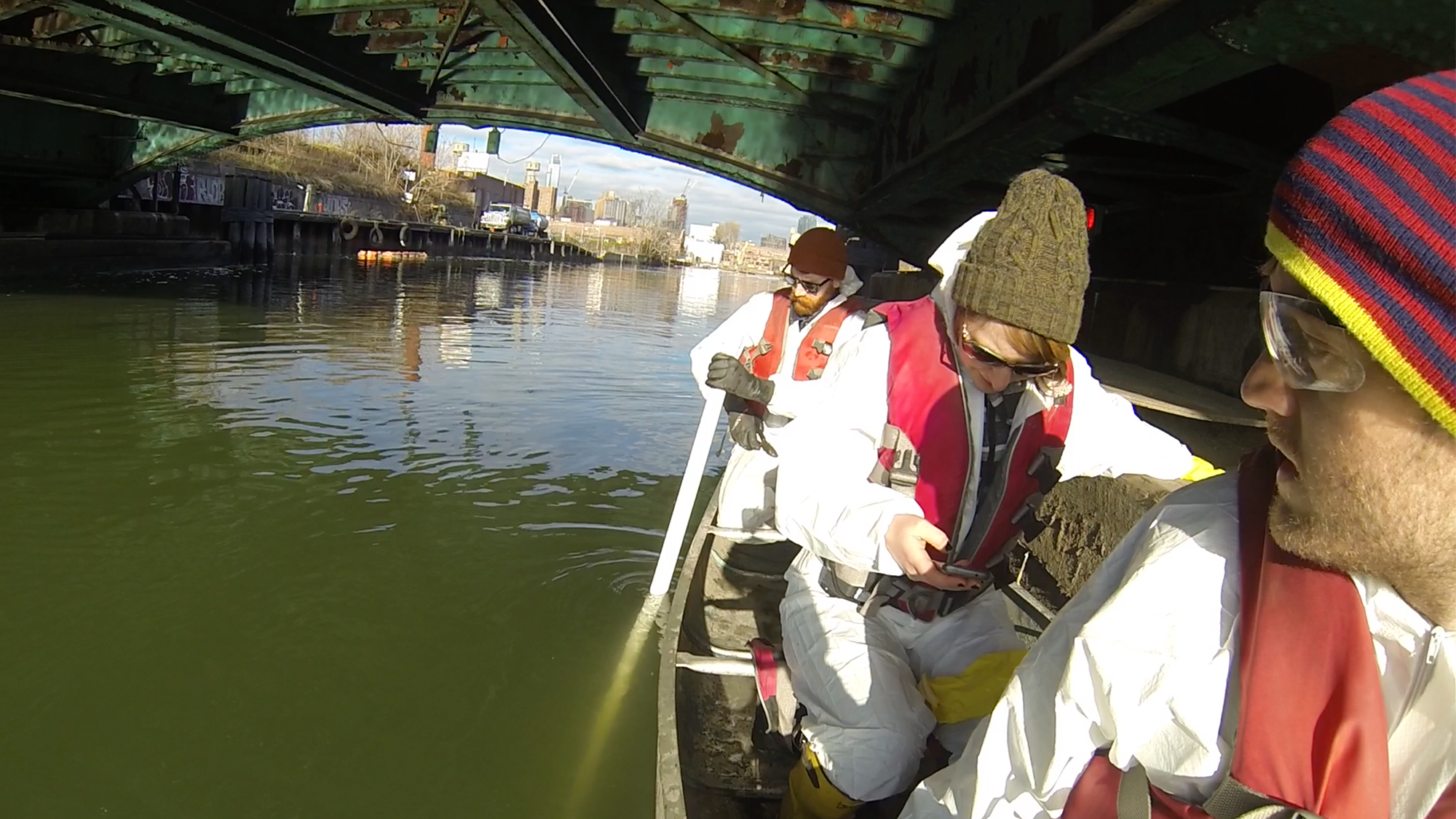

















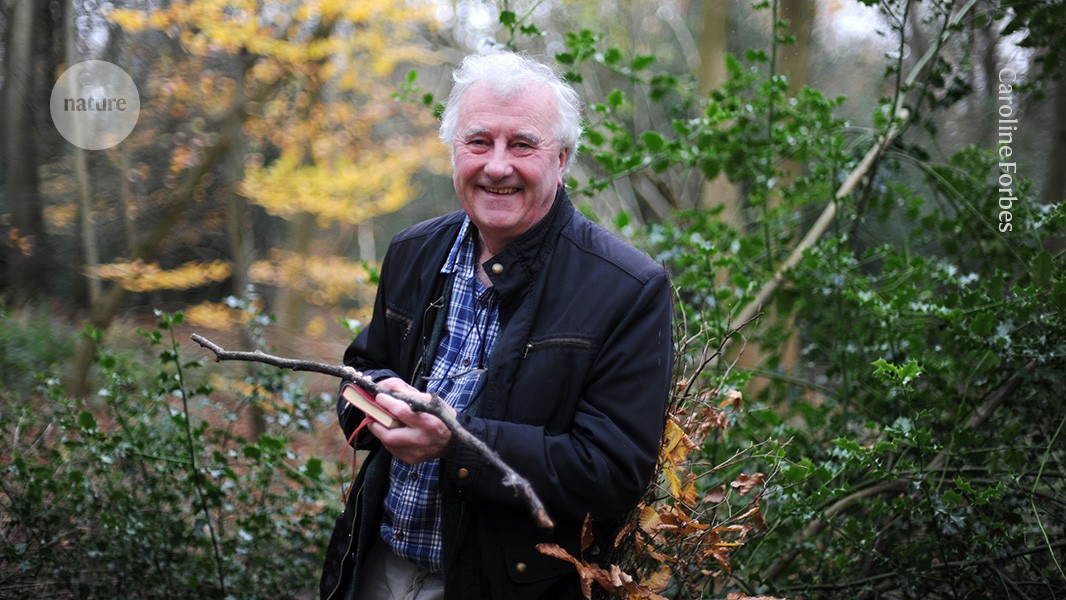

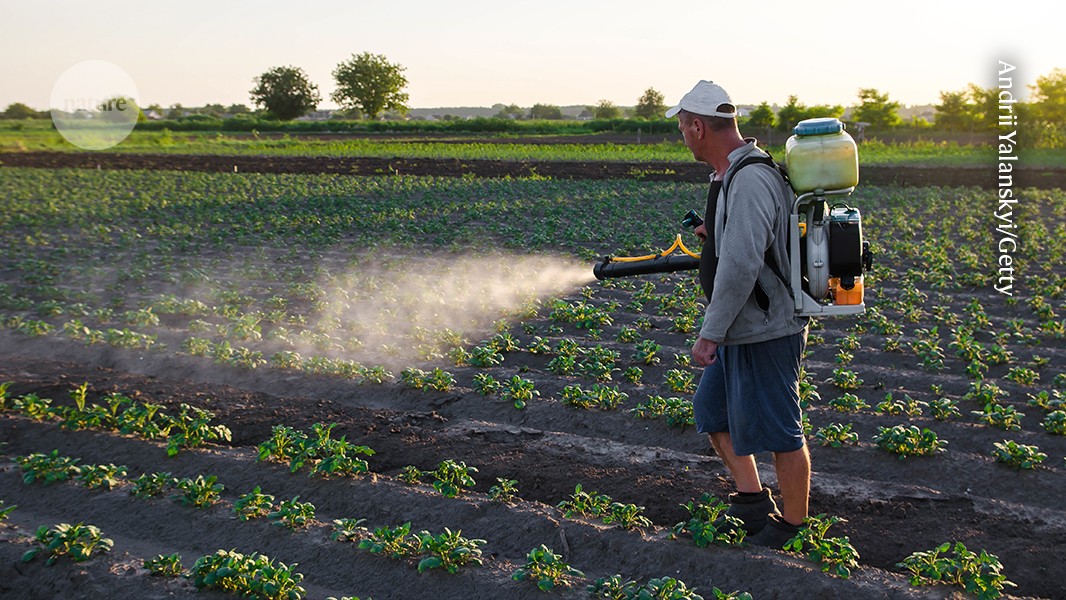
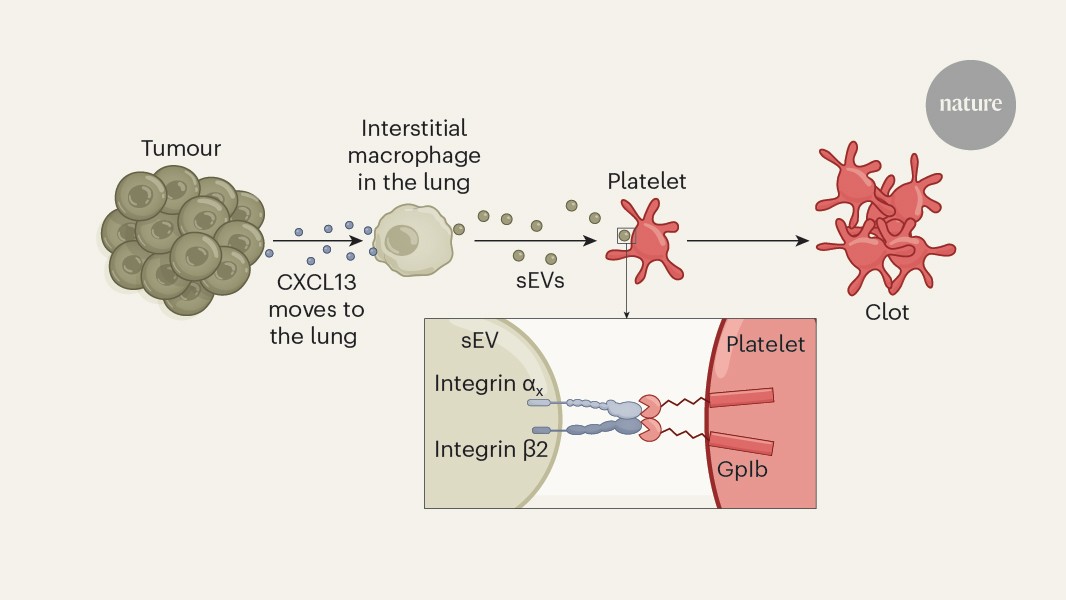







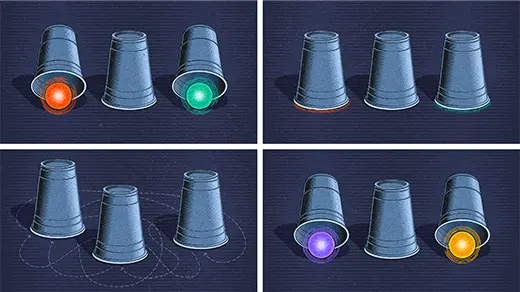





























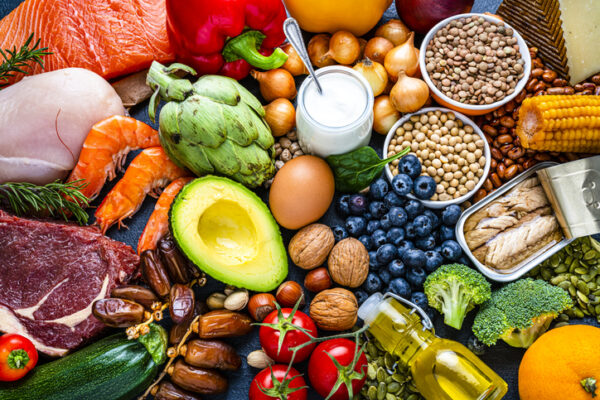































![The breaking news round-up: Decagear launches today, Pimax announces new headsets, and more! [APRIL FOOL’S]](https://i0.wp.com/skarredghost.com/wp-content/uploads/2025/03/lawk_glasses_handson.jpg?fit=1366%2C1025&ssl=1)















